France's financial regulator approved operating rules for what will become the country's first stock exchange built entirely on blockchain technology, clearing the path for small and mid-sized companies to list tokenized shares for direct retail investor trading.
France Clears First Tokenized Stock Exchange for SME Trading
The Autorité des Marchés Financiers (AMF) signed off on LISE SA's 72-page rulebook on October 13. The approval allows LISE to operate as both a multilateral trading facility and settlement system using distributed ledger technology once it receives final authorization from French banking regulators.
LISE will function under the European Union's Pilot Regime, an experimental regulatory sandbox launched in 2022 that lets market operators test blockchain-based trading infrastructure with certain exemptions from traditional securities rules. The platform targets French companies valued below €500 million offering them an alternative to conventional exchanges like Euronext.
"The Pilot Regime is an experimental regulation that allows the creation of market infrastructures on which individual investors can trade directly," the document states.
Traditional stock exchanges are late to join the tokenized stocks trend, which has been gaining momentum since 2024. Until now, the market has been dominated by cryptocurrency and CFD platforms, but the industry, projected to be worth $2 trillion within five years, is starting to attract interest from old-school bourses as well. Among the recent entrants is Boerse Stuttgart, while New Zealand’s exchange is also considering a similar move.
Trading Without Traditional Intermediaries
The platform breaks from standard market structure by letting individual investors trade tokenized stocks (Titres Tokénisés) directly without going through brokerage accounts. Each user receives a digital wallet that records share ownership on the blockchain, cutting out the custody and settlement layers that typically sit between investors and their holdings.
LISE's rules require that retail participants pass a knowledge test coveringblockchain technology and associated risks before gaining trading access.
The platform will only accept French joint-stock companies and limited partnerships by shares. At least half of all listed issuers must qualify as small or medium enterprises (or SMEs) with market capitalizations under €200 million. Total value of all tokenized securities admitted to the platform cannot exceed €6 billion, a cap set by the EU's experimental framework.
One of the biggest advocates of tokenized shares at the moment is Robinhood, whose CEO, Vlad Tenev, calls this form of trading the future.
Settlement Happens in Real Time
LISE combines trading and settlement functions on a single infrastructure, collapsing the typical two-day gap between trade execution and final ownership transfer. The system operates continuously, processing transactions and recording ownership changes on the blockchain within seconds of order matching.
Companies listing on LISE must convert all outstanding shares into tokenized form recorded on the platform's distributed ledger. Shareholders wanting to hold shares in traditional registered form would need to remove them from the blockchain system, though LISE can maintain a separate registry for those holdings under a mandate from the issuer.
Companies going public on LISE can raise capital through either public offerings or private placements exempt from prospectus requirements. The platform will handle subscriptions for new share issuances while simultaneously running secondary market trading for already-listed securities.
Regulatory Limits on Experimental Platform
France's implementation of the EU Pilot Regime restricts who can access DLT-based markets and what can trade on them. LISE's rules prohibit high-frequency algorithmic trading and ban participants from offering direct electronic access to third parties.
The platform operates under a three-year experimental window that can extend to six years, after which it must either transition to standard regulatory treatment or shut down. Companies going public on LISE can raise capital through either public offerings or private placements exempt from prospectus requirements.
The rapid rise in the popularity of tokenized stocks over the past several months has prompted regulators worldwide to respond. For example, the U.S. SEC has shown a supportive approach, with Commissioner Hester Peirce stating that she is ready to engage in dialogue with the industry. China, on the other hand,aims to curb asset tokenization, according to Reuters, while ESMA has suggested that transferring shares onto the blockchain could mislead investors.
The final authorization allowing LISE to begin operations has not yet been granted. The rules approved October 13 will take effect once that clearance comes through.
This article was written by Damian Chmiel at www.financemagnates.com.
You can get bonuses upto $100 FREE BONUS when you:
💰 Install these recommended apps:
💲 SocialGood - 100% Crypto Back on Everyday Shopping
💲 xPortal - The DeFi For The Next Billion
💲 CryptoTab Browser - Lightweight, fast, and ready to mine!
💰 Register on these recommended exchanges:
🟡 Binance🟡 Bitfinex🟡 Bitmart🟡 Bittrex🟡 Bitget
🟡 CoinEx🟡 Crypto.com🟡 Gate.io🟡 Huobi🟡 Kucoin.


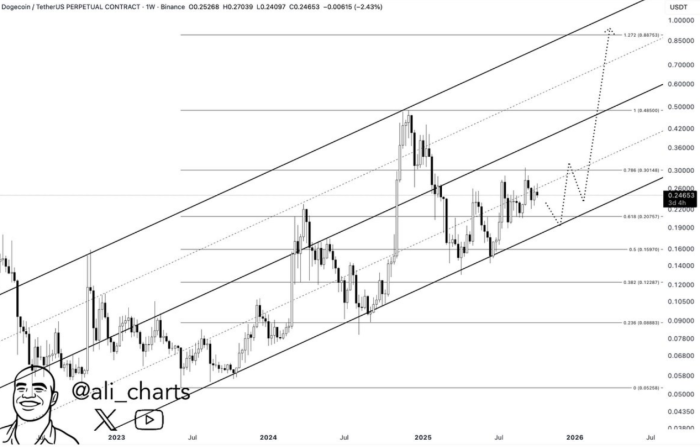
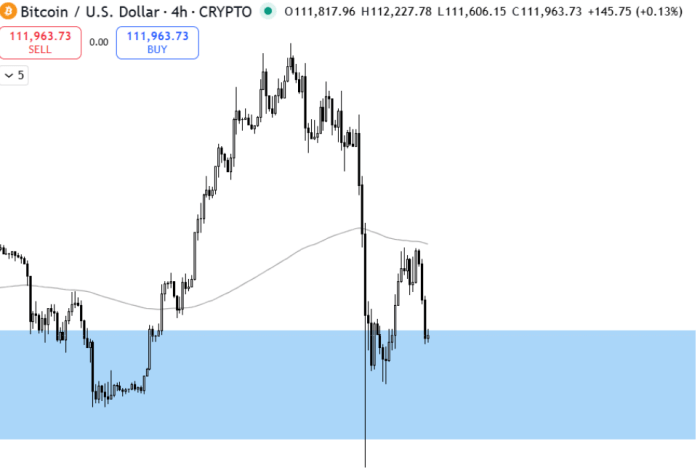





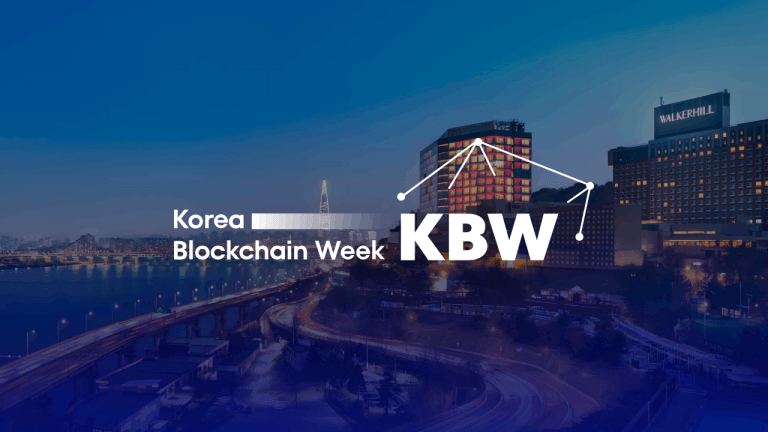

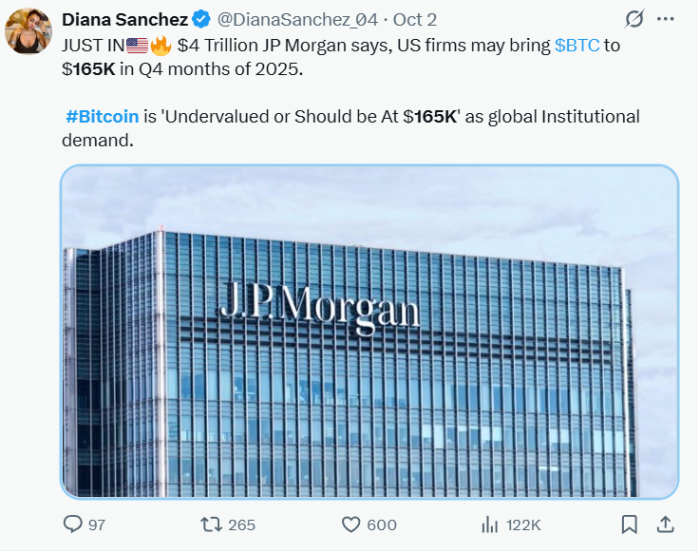
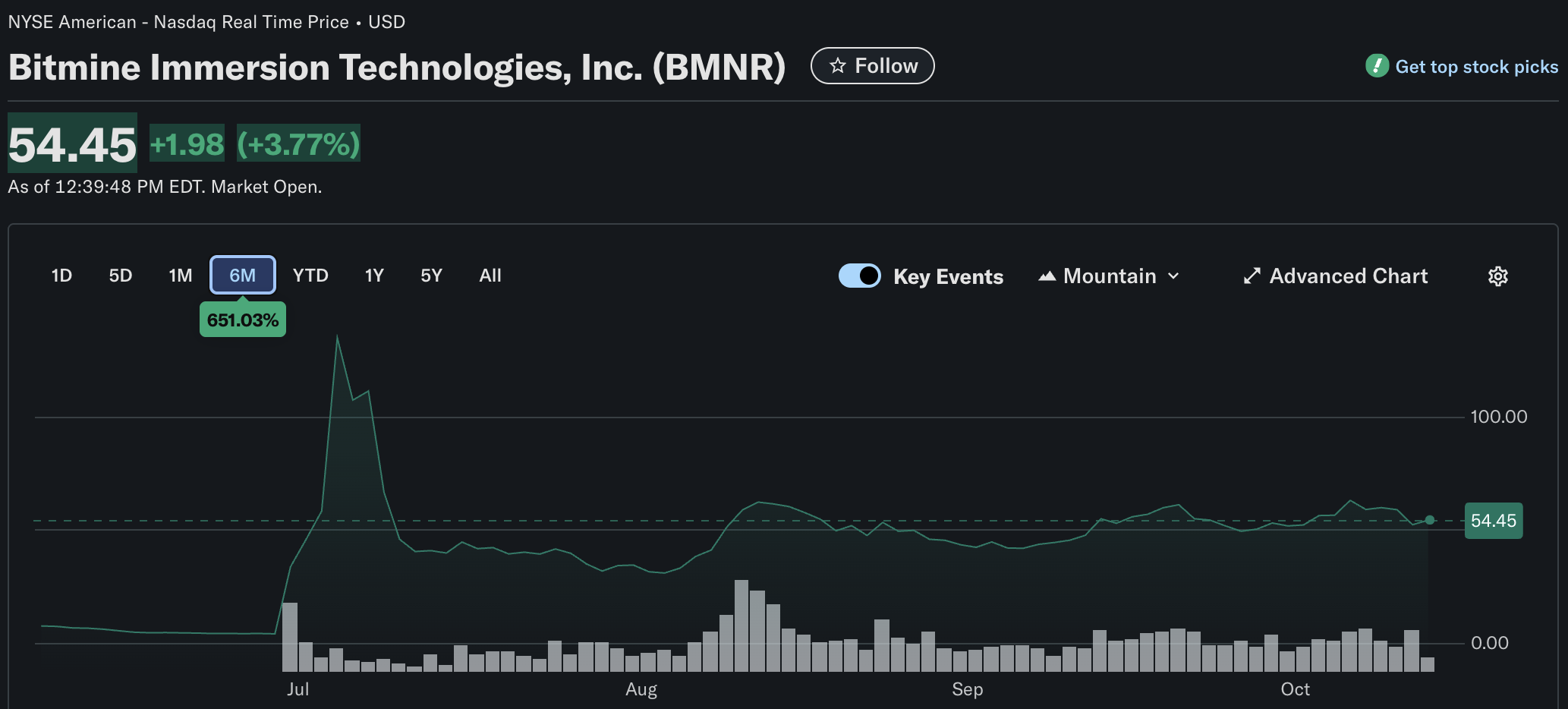





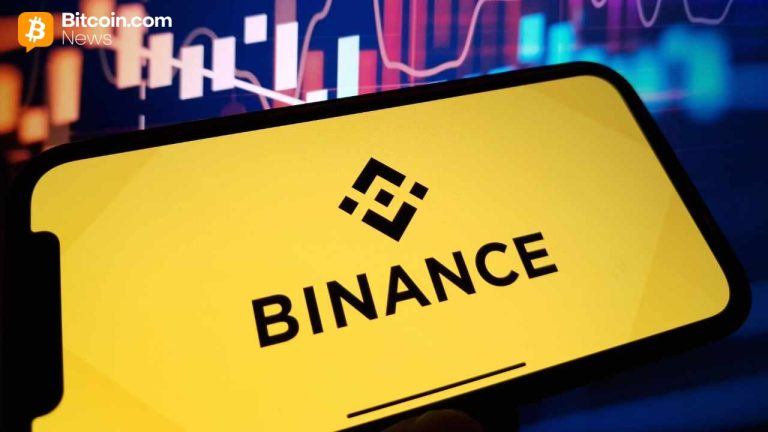

Comments